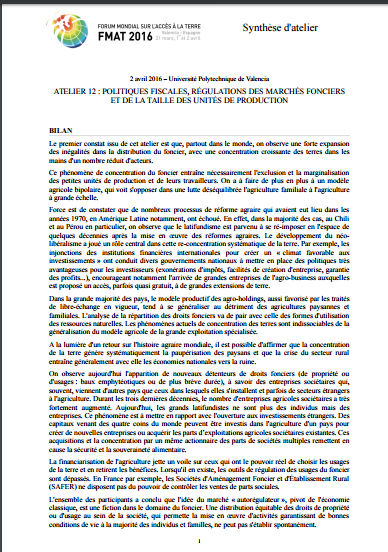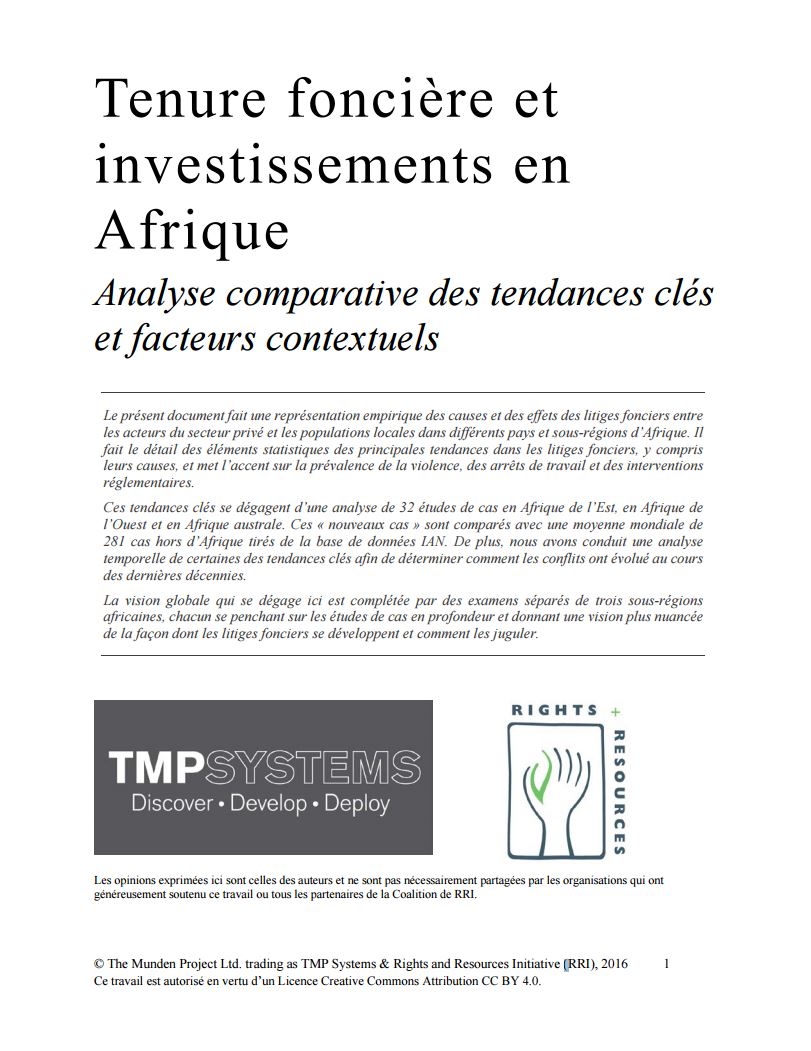A 2020 Vision for food, agriculture, and the environment in Sub-Saharan Africa
The workshop participants were clear that now is the time for choices, and that without the will to make those choices, the likelihood of success in boosting agricultural growth on a sustained basis would be small. Without such growth, it will not be possible to improve food security or halt natural resource degradation. It seems unlikely that all countries of Africa will choose to put in place the necessary conditions for growth, which makes it all the more important to decide at the outset which conditions are most likely to beget further success.








